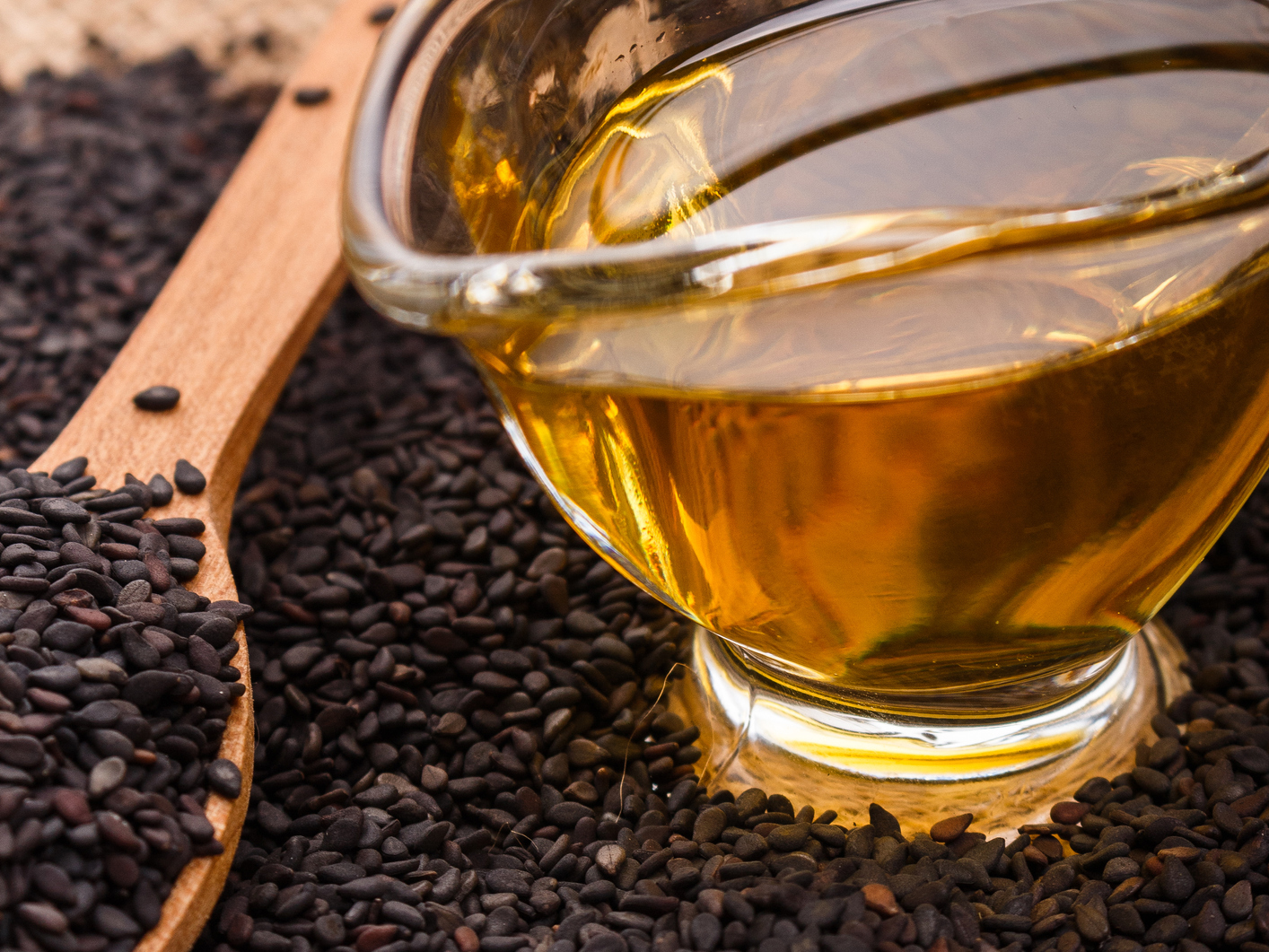Get Easy Health Digest™ in your inbox and don’t miss a thing when you subscribe today. Plus, get the free bonus report, Mother Nature’s Tips, Tricks and Remedies for Cholesterol, Blood Pressure & Blood Sugar as my way of saying welcome to the community!
The ‘skinny’ on black seed oil and diabetes

Type 2 diabetes is rampant.
You may have it or likely know someone who does — maybe even a family member.
And you’ve probably seen all those shocking statistics about how many people have been diagnosed, will be diagnosed and have prediabetes and don’t know it.
You may have read that 1.6 million deaths in a year are caused directly by diabetes in the United States. Compare that to 610,000 deaths from heart disease and an estimated 610,000 deaths from cancer in the United States in 2018.
On the other hand, you may be sick of hearing how type 2 diabetes can be completely turned around by diet and lifestyle changes. While the evidence is strong that can — it’s not easy and every case is different.
Some people find it impossible to escape diabetes medication — even though they come with their own drawbacks… side effects ranging from diarrhea and nausea to weakness, chest pain, dizziness and lactic acidosis (which can be deadly).
What’s interesting is that with all of the modern-day issues we have with blood sugar problems, thousands of years ago, the Egyptians had a go-to remedy for the disease, one that’s actually been proven effective in scientific studies yet largely ignored by the medical community.
Mother Nature’s answer for lower blood sugar — and weight
Two separate scientific studies have shown that the Egyptian remedy for diabetes, known as black seed oil could be the key to defeating blood sugar problems.
One of the studies, reported in the Journal of Endocrinology and Metabolism and performed in mice, found that black seed oil, “causes gradual partial regeneration of pancreatic beta-cells (the ones in your body that make insulin), increases the lowered serum insulin concentrations, and decreases the elevated serum glucose.”
In fact, the results were so impressive that the research suggests that black seed oil could be beneficial for diabetics whether they are type 1 or type 2.
The second study — this time in humans — found that at a dose of two grams per day, black seed oil was able to lower fasting blood sugar, decrease insulin resistance, improve pancreatic beta-cell function and lower HBA1c (average blood sugar level over a two to three-month timeframe).
It’s also important to note that a published review in the Journal of Diabetes and Metabolic Disorders from 2013 found black seed oil could be effective against obesity. Considering that type 2 diabetes and obesity often go hand in hand, this makes perfect sense.
Finding and using black seed oil
If you haven’t heard of black seed oil, you’re not alone.
The truth is that despite the big health benefits the oil has to offer, it’s one of the lesser known natural supplements — so here’s a quick rundown to get you up-to-date…
Black seed oil is from the seeds of the Nigella Sativa plant, also called black cumin seeds. The plant is native to Africa, Asia, and the Mediterranean.
Related: The ‘diabetes’ spice that beat metformin
Nigella sativa is also known by a number of other names you may recognize. These include:
- Black cumin
- Black sesame
- Onion seed
- Black caraway
- Roman coriander
It’s also simply referred to as “black seed” or in the case of the oil, “black seed oil.”
Black seed oil can be found in supplements and used with carrier oils on the skin. In the case of blood sugar, it’s more effective taken as a supplement.
In people with acid reflux, black seed oil has been known to trigger stomach upset. But in otherwise healthy people it’s known to reduce gas and bloating.
Is black seed oil for you? Check it out for yourself. It’s gaining in popularity so there is no shortage of information online.
If you’re on medication for diabetes, supplements shouldn’t be substituted for medication. But if you’d like to try the blood sugar-lowering effect of black seed oil, run it past your doctor. Chances are he will agree it won’t hurt, and after a few months have him check your blood sugar.
You might be in for a pleasant surprise.
Editor’s note: Are you feeling unusually tired? You may think this is normal aging, but the problem could be your master hormone. When it’s not working, your risk of age-related diseases skyrockets. To reset what many call “the trigger for all disease” and live better, longer, click here to discover The Insulin Factor: How to Repair Your Body’s Master Controller and Conquer Chronic Disease!
Sources:
- METFORMIN — RxList
- Metformin and Fatal Lactic Acidosis — Medsafe: New Zealand Medicines and Medical Devices Safety Authority
- Antidiabetic Properties of a Spice Plant Nigella sativa — Journal of Endocrinology and Metabolism
- Ancient Medicine: Black Seed Oil’s 21 Powerful Health Benefits — Natural Society
- 10 Health Benefits of Black Seed (Nigella Sativa) – Part 1 — Natural Society
- Effect of Nigella sativa seeds on the glycemic control of patients with type 2 diabetes mellitus — Indian Journal of Physiology and Pharmacology
- What is HbA1c? — Diabetes UK
- How to Grow Nigella Sativa — Hunker













